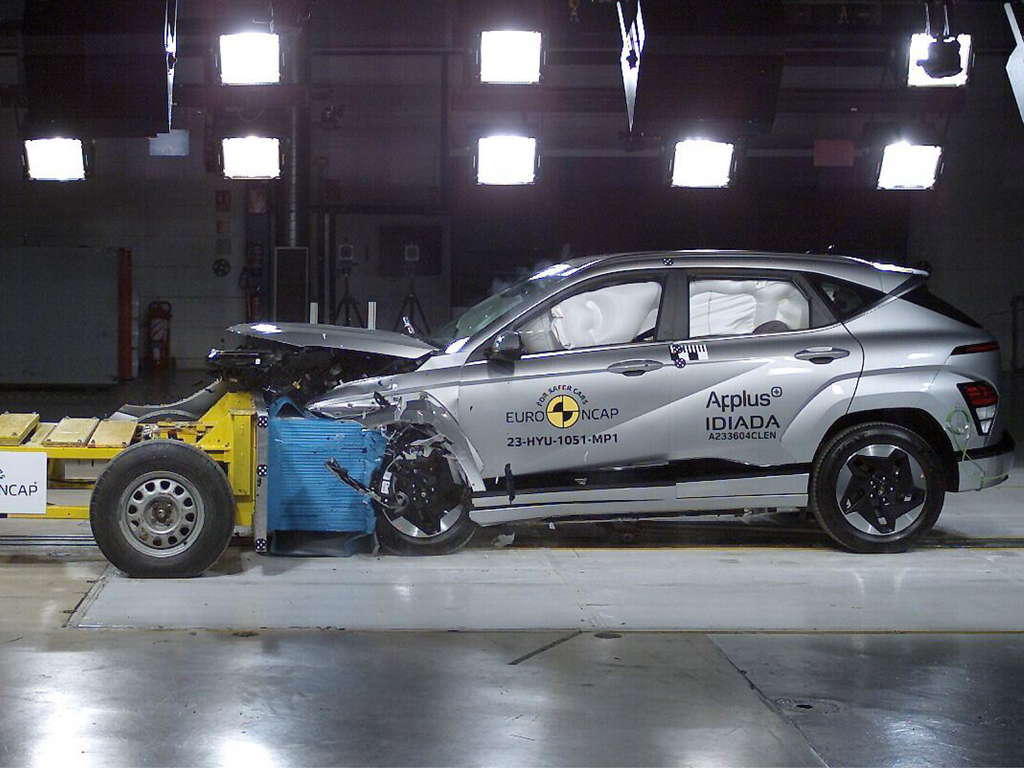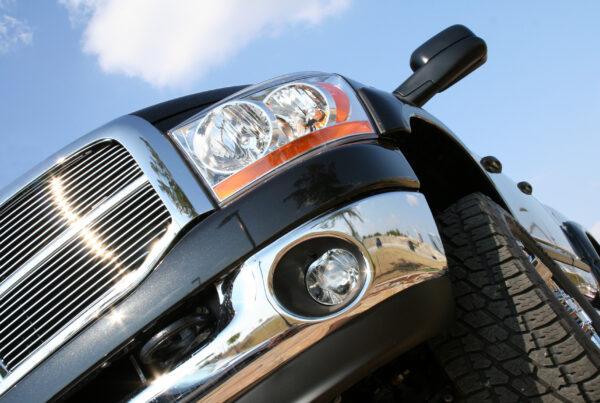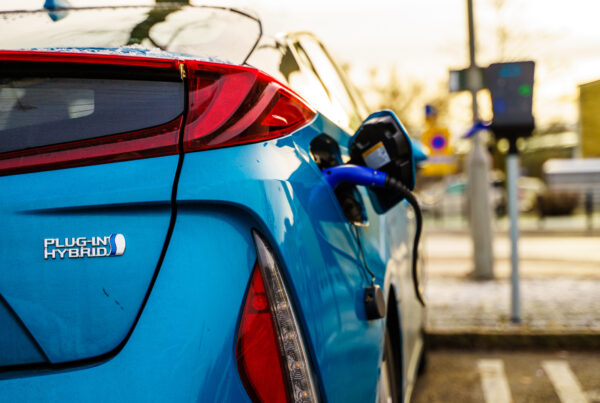The Hyundai Kona has recently received a 4-star safety rating from ANCAP following mixed results during physical occupant protection, pedestrian protection, and collision avoidance capability testing. This safety rating applies to all variants of the vehicles introduced in Australia in June 2023 and New Zealand in November 2023.
It scored 80 percent in Adult Occupant Protection (32.13 out of 40), 84 percent in Child Occupant Protection (41.62 out of 49), 64 percent in Vulnerable Road User Protection (40.85 out of 63), and. 62 percent in Safety Assist (11.7 out of 18).
Safety Features
The vehicle has standard safety features including dual frontal, side chest-protecting, and side head-protecting airbags. Notably, the Hyundai Kona boasts a center airbag, providing additional protection to front-seat occupants in side impact crashes.
It also has autonomous emergency braking (AEB) for Car-to-Car, Vulnerable Road User (VRU), Junction & Crossing, and Head-On scenarios. Additionally, the Kona features a lane support system equipped with lane keep assist (LKA), lane departure warning (LDW), emergency lane keeping (ELK), and an advanced speed assistance system (SAS).
Mixed Results in Destructive Crash Tests
While the vehicle earned maximum points for the protection of the driver in side impact and oblique pole tests, concerns were raised regarding the Weak assessment of the driver’s chest protection in the full width frontal test. The frontal offset (MPDB) test exhibited mixed results, contributing to the Kona’s four-star rating.
ANCAP Chief Executive Officer, Carla Hoorweg, commented on the significance of factors contributing to a high safety rating.
“Good restraints and structural design attributes that work to reduce the risk of injury to vehicle occupants, pedestrians, and other road users, are key elements in achieving a high ANCAP safety rating,” she said.
A detailed breakdown of safety features and technologies can be found in the Technical Report, available for download here.
Did you find this article interesting? Click the ‘heart’ button above to give it a ‘like’.




















